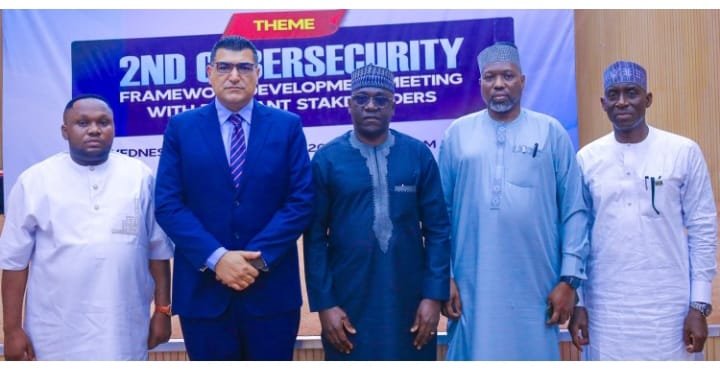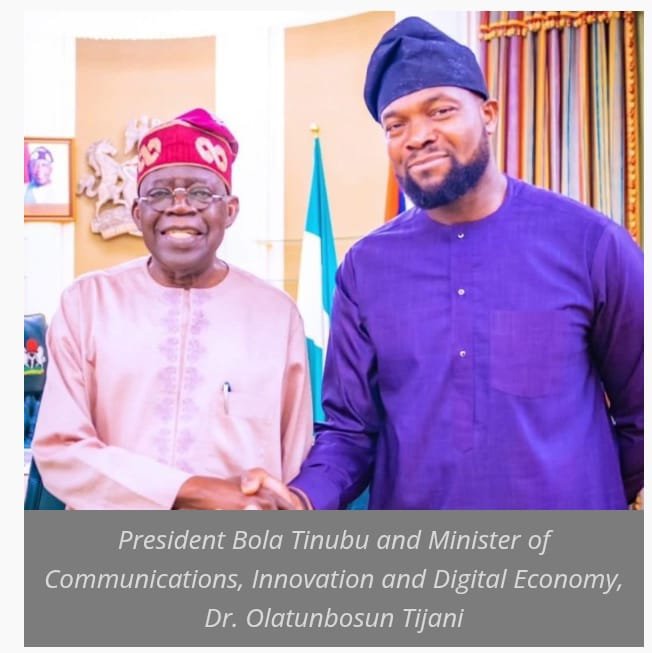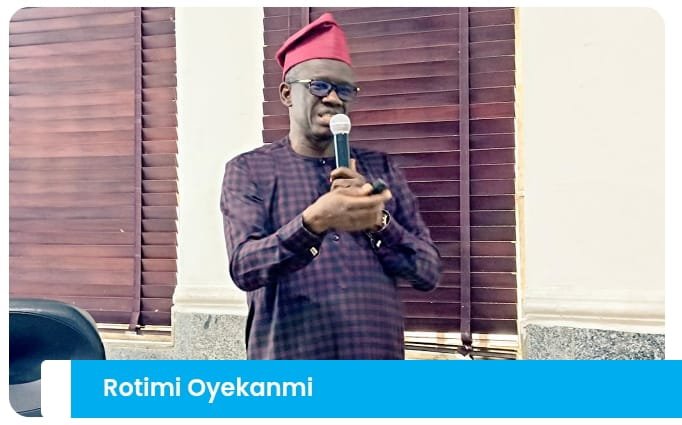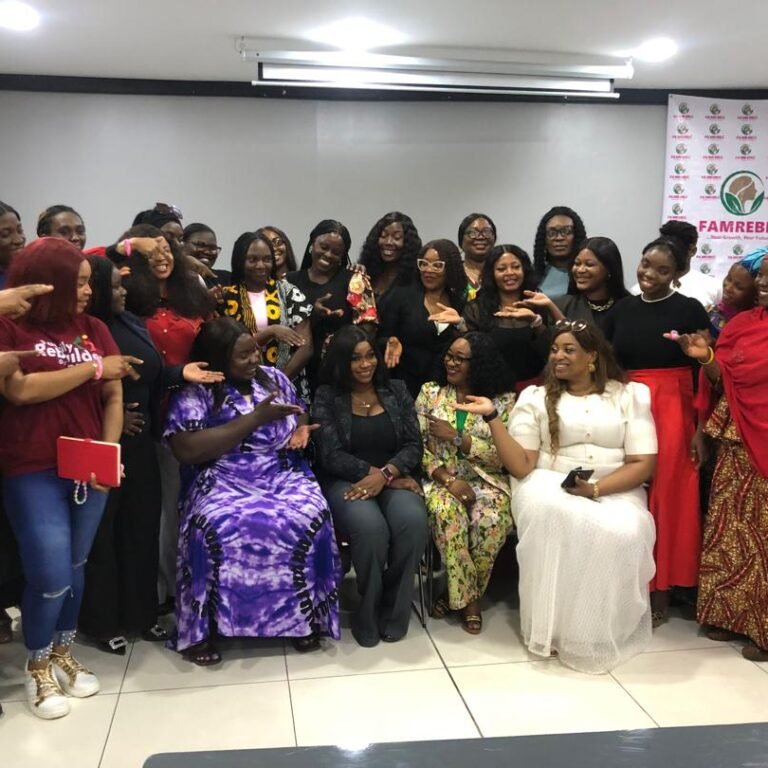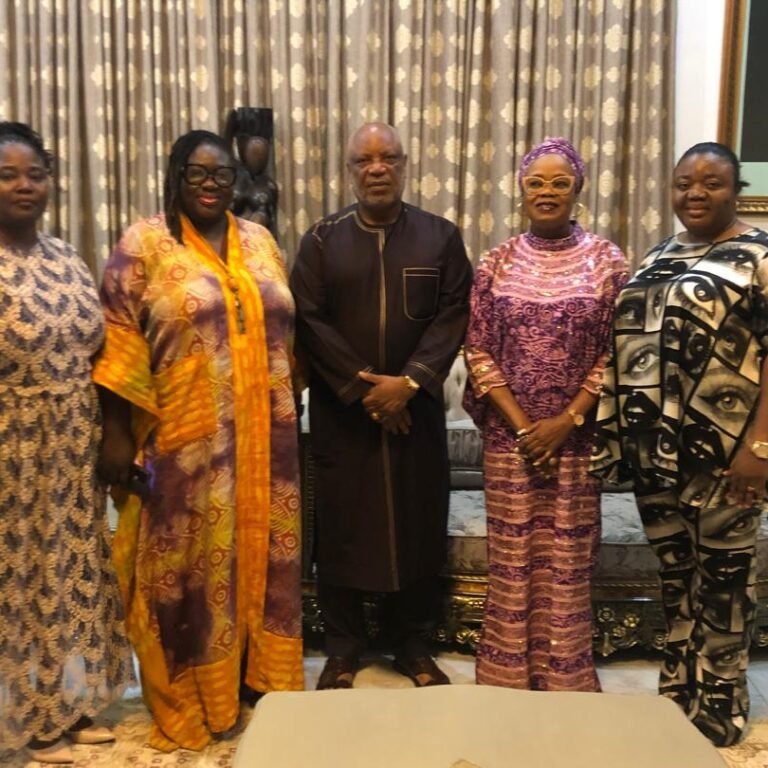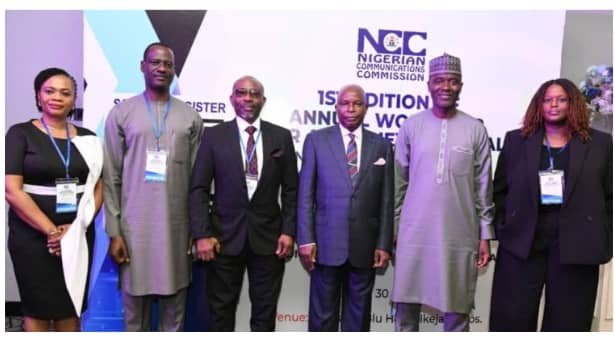
By Ameh Gabriel
The Attorney-General of the Federation and Minister of Justice, Lateef O. Fagbemi, SAN, has underscored the urgent need for greater synergy and a unified regulatory framework to drive Nigeria’s digital transformation agenda.
Delivering the keynote address at a two-day workshop for State Attorneys-General, held on July 30–31, 2025, Fagbemi emphasized that coordinated regulation of the communications sector is pivotal to unlocking the full potential of the nation’s digital economy.
Themed “Building and Driving Synergy in Regulating Communications for Digital Transformation in Nigeria,” the workshop aimed to bridge regulatory knowledge gaps and foster stronger collaboration between federal and state institutions.
Fagbemi commended the Nigerian Communications Commission (NCC) for convening the forum, describing it as a timely intervention to promote a more secure, inclusive, and innovation-driven digital environment. “Digital transformation is critical to the socio-economic development of a nation. A harmonized and well-regulated communications ecosystem is key to protecting consumer rights, promoting data privacy, and enabling business-friendly policies,” he said.
He highlighted the role of the justice sector in upholding the rule of law, ensuring regulatory compliance, and prosecuting those who vandalize infrastructure or flout regulations, calling such actions “acts of economic sabotage.”
Citing recent data, Fagbemi revealed that as of Q1 2025, Nigeria had over 220 million active voice subscriptions and broadband penetration exceeding 52%, marking significant progress in digital inclusion across key sectors such as education, finance, and commerce.
However, he also pointed to persistent challenges slowing sectoral growth. These include:
Multiple taxation across different levels of government
Destruction of telecom infrastructure in conflict zones
Regulatory overlaps
Inconsistent Right of Way (RoW) policies
Fagbemi referenced real-world examples including the 2024 Ogun State multiple taxation dispute, which hampered telecom expansion, and the 2023 vandalization of base stations in Kano, both of which disrupted services and discouraged investment.
He praised Anambra State for implementing a unified RoW policy in 2023, which led to a 38% surge in fibre optic deployment within six months, calling it a model of effective digital governance.
Also speaking at the event, the Executive Vice Chairman of the NCC, Dr. Aminu Maida, noted the evolving landscape of communications regulation from liberalization in the early 2000s to current concerns around AI governance, digital resilience, and sustainable connectivity.
“Attorneys-General are not just Chief Law Officers of their states,” Maida said, “They are also strategic policy influencers and key partners in shaping legal frameworks that support innovation and national development.”
To move forward, the Attorney-General proposed the following recommendations:
Harmonization of digital laws across federal and state governments
Establishment of a Federal-State Regulatory Coordination Forum
Nationwide adoption of a uniform Right of Way (RoW) policy
Joint enforcement of infrastructure protection regulations
Consolidation of digital taxation frameworks to reduce levy multiplicity
Fagbemi called on Attorneys-General to leverage their offices in advising state governments on sound digital policy, enforcing constitutional safeguards, and supporting initiatives around cybersecurity, digital rights, and data protection.
“In conclusion, let us commit to building a digitally secure, inclusive, and well-regulated communications ecosystem in collaboration with the NCC and other stakeholders,” he urged.
The workshop is expected to wrap up with a joint communiqué outlining commitments to align state and federal efforts in achieving Nigeria’s digital transformation goals.


